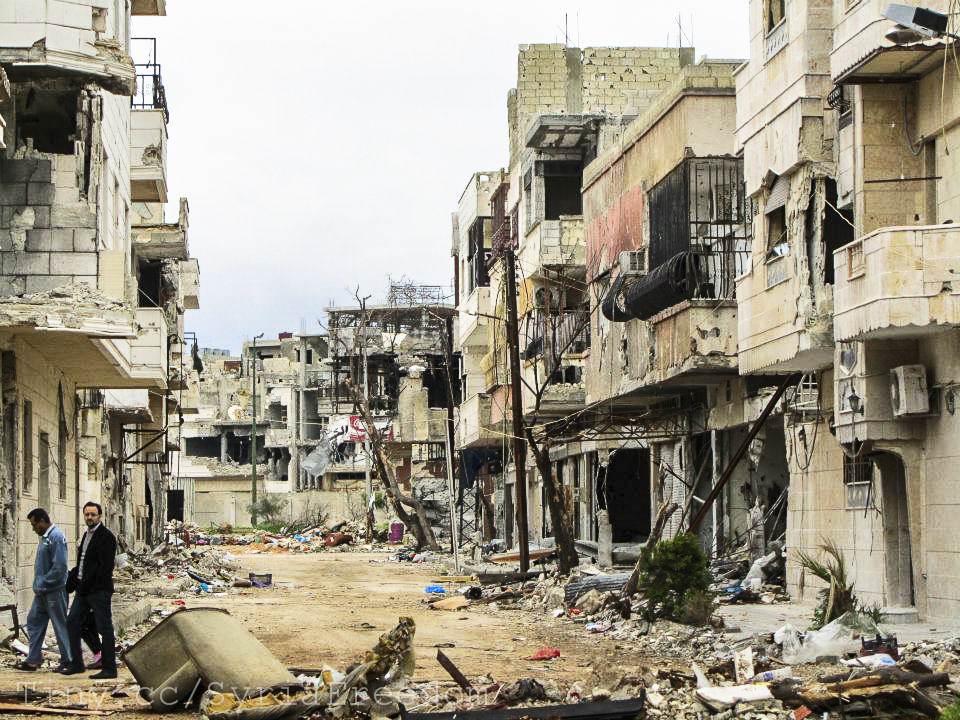
The Center for Justice and Accountability has helped develop the law governing crimes against humanity using innovative and savvy legal strategies.
Crimes against humanity are certain acts committed as part of a widespread or systematic attack on a civilian population. An attack is widespread if it occurs on a large scale, directed at many intended victims. An attack is systematic if it is sufficiently organized and not random, such as in a pattern of similar crimes. Courts generally agree that the attack can be directed against any civilian population.
Historically, individual violations have included: murder; extermination; deportation; unlawful imprisonment; torture; rape; or persecution on political, racial, or religious grounds. Recent definitions used in international law have expanded the list of violations to include: institutionalized racial, ethnic, or religious discrimination (apartheid); forcible population transfer; forced disappearance; or forced prostitution, sexual slavery, forced pregnancy, and other severe forms of sexual violence.
Unlike war crimes and genocide, crimes against humanity are not codified in an international convention, although there is currently an international effort to establish such a treaty, led by the Crimes Against Humanity Initiative. A significant distinction between crimes against humanity and war crimes is that crimes against humanity do not have to take place during war. The concept of crimes against humanity is developing through international customary law, precedent CJA is at the forefront of developing.
CJA secured the first jury verdict for crimes against humanity in the United States in our case Cabello v. Fernandez Larios, which sought accountability for Pinochet’s “Caravan of Death.”
Our lawsuit seeking justice for the assassination of Archbishop Oscar Romero in El Salvador established that the assassination of only one person could be considered a crime against humanity because of the crime’s impact on a country’s citizens.
CJA’s criminal cases before the Spanish National Court – the Guatemala Genocide Case and the Jesuits Massacre Case – and our amicus brief work in Haiti have helped establish that there is no statute of limitations for crimes against humanity.
Finally, in our policy work, we are advocating for a crimes against humanity bill that would make crimes against humanity a federal criminal offense. We are also advocating an amendment to the Torture Victim Protection Act that would provide a civil remedy for crimes against humanity.